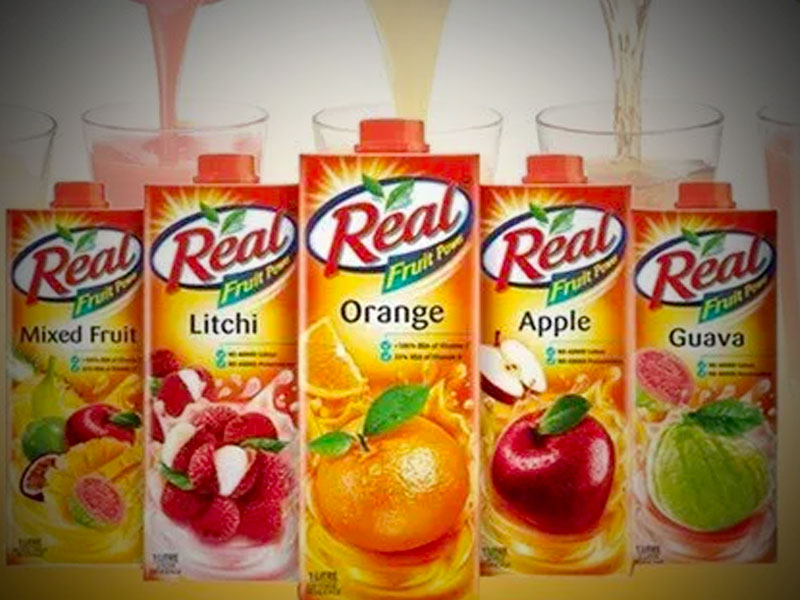Artificial juice, also known as synthetic or processed juice, has become a popular alternative to natural fruit juice. However, there is much debate surrounding whether or not artificial juice is good for your health. In this article, we will explore the potential health benefits and risks of drinking artificial juice.
The Positive Health Benefits of Artificial Juice
Artificial juice is often fortified with vitamins and minerals, making it a good source of essential nutrients. This is especially true for those who do not consume enough fruits and vegetables in their diet. Additionally, artificial juice is often low in fat and calories, making it a good option for those looking to manage their weight.
Another potential benefit of artificial juice is convenience. Many people find it easier and more convenient to purchase processed juice rather than preparing fresh fruit juice. This can be especially true for those who do not have access to fresh fruits and vegetables or do not have the time to prepare them.
The Negative Health Effects of Artificial Juice
While artificial juice may have some potential health benefits, there are also several negative effects associated with it. One of the biggest concerns is the high sugar content. Most artificial juice contains added sugars, which can contribute to weight gain and increase the risk of chronic diseases such as type 2 diabetes and heart disease.
Artificial juice is also often high in preservatives and additives, which can be harmful to health. These additives can include artificial colors, flavors, and sweeteners, which have been linked to negative health effects such as allergic reactions, behavioral problems, and digestive issues.
Another concern with artificial juice is that it lacks the fiber and other nutrients found in fresh fruits and vegetables. Fiber is important for maintaining good digestion and promoting feelings of fullness, which can help with weight management. Additionally, many fresh fruits and vegetables contain antioxidants and other nutrients that are not found in artificial juice.
The Bottom Line
In conclusion, while artificial juice may offer some convenience and potential health benefits, it is not a substitute for fresh fruits and vegetables. Artificial juice is often high in sugar, preservatives, and additives, which can be harmful to health. It also lacks the fiber and other essential nutrients found in fresh produce. If you choose to drink artificial juice, it is important to do so in moderation and as part of a balanced and healthy diet. However, for optimal health, it is recommended to consume whole, fresh fruits and vegetables whenever possible.







